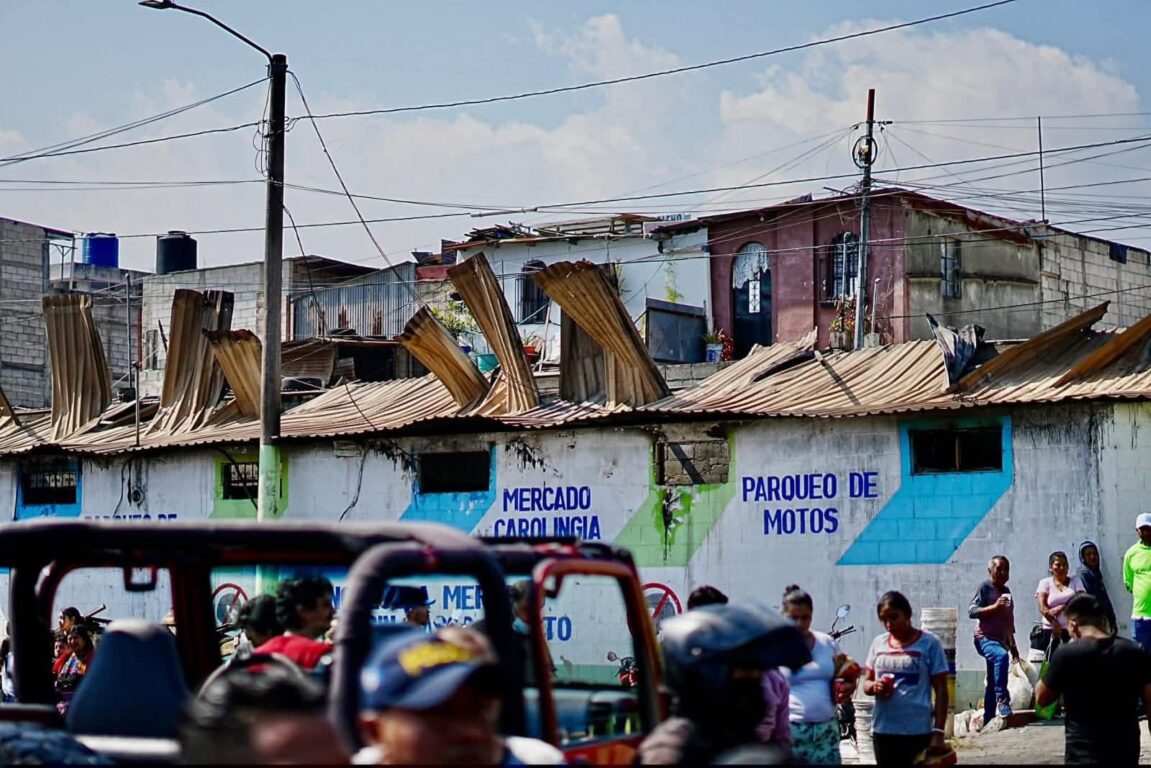25 June 2010
“Why don`t FIFA and the South African Local Organising Committee set themselves a new goal? They should recognise their responsibility for the loss of income of street vendors and informal traders during the World Cup. At the very least, 0.7% of the profits from the World Cup should be channelled into development programmes for the street vendors in the 9 host cities, to be drawn up together with the representative organisations of street vendors”, said Ms Pat Horn, Streetnet International Coordinator. Ms Horn continued “For the next World Cup, in 2014 in Brazil, the game plan needs to be different. Street vendors should not be excluded and suffer from loss of income, but instead they need to be integrated into the planning and supported so that the World Cup can contribute to sustainable urban development.”
Streetnet International estimates there could be over 100,000 South African street and informal traders who have lost their livelihoods during the World Cup as they are forcibly removed or banned from trading in areas around the 9 World Cup stadiums and official viewing areas. These street vendors and informal traders come from some of the poorest communities in the townships, and the great majority are women, whose aim in life is to make an honest living to support themselves, and to feed and educate their children. Many street vendors work 7 days a week, with a gruelling working day of 12-14 hours, in order to make between SAR 150-200 per day (or USD 18-25) from which they must also pay transport to work, fees for licenses and storage facilities or informal night watchmen.
“I`m not feeling all right about the world cup, this event is taking the business away from the streets and the rules of the FIFA World Cup are very strict to us street vendors. We cannot be close to the stadium and we are not allowed to sell in the stadium. I feel that we street vendors do not have a part in the World Cup, it is not for us. It is okay if the World Cup never comes here again because we do not benefit from it. There are boundaries and I do not think I can get any closer to the stadium. It is very unfortunate for me.” Majola, Nelson Mandela Street Vendors Association, Port Elizabeth
“Hey, you know, you do not feel nice about the World Cup when you do not have money. Everything is about money these days, right? I really feel that rich people are getting richer from this World Cup. And the poor people do not benefit from what the rich people get. I will not benefit from the trade during the World Cup, not at all.” Veronica, Street Vendor, Govan Mbeki Street, Port Elizabeth
According to the FIFA spokesperson, Nicolas Maingot, the provisional estimate for FIFA`s income from the South African World Cup is USD 3.2 billion (or ZAR 24 billion). The CEO of the Local Organising Committee, Danny Jordan, estimates that the South African Football Association will make up to USD 200 million or ZAR 1.5 billion. While FIFA has explained that up to 75% of its revenue will be earmarked for football development programmes, StreetNet International asks why cannot some of these funds be earmarked for development programmes for street vendors and informal traders? They deserve some form of compensation for their loss of income.
The United Nations Millennium Development Goals include a goal that all governments set aside 0.7% of Gross Domestic Product for international development programmes. The South African government has invested vast sums in the construction of the new stadiums, infrastructure, transport systems and security services for the World Cup while many urban renewal programmes, education services, hospitals and health programmes have suffered. But it is street vendors and informal traders who suffer the direct consequences of the exclusion zones.
The Human Sciences Research Council of South Africa estimates that street vending and informal trading accounts for 7% of GDP.
For more information, contact Lou Haysom at info@streetnet-app.com
StreetNet International + 27 031 3074038


